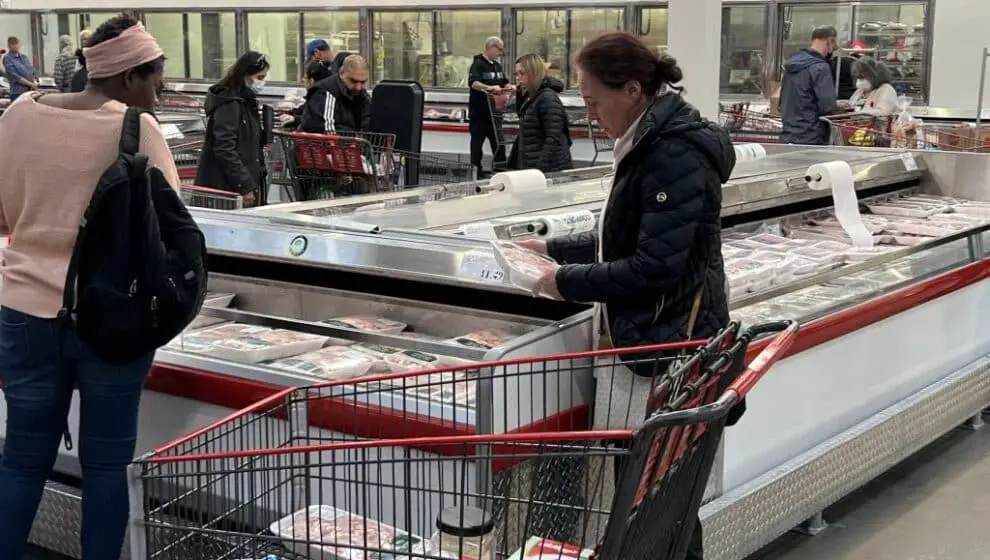The inflation rate may have hit an eight-month low but prices are still going up.
Key Details
- As we previously reported, the Bureau of Labor Statistics released the October Consumer Price Index (CPI) on Thursday.
- The yearly rate dropped to 7.7%, the lowest it has been in eight months. The rate was previously 8.2% in September and the peak was 9.1% in June.
- Gasoline prices increased by 17.5%, electricity increased by 14.1%, rent increased by 7.5%, groceries increased by 12.4%, and alcohol rose by 5%, according to the Bureau of Labor Statistics.
- Televisions dropped 16.5% and smartphones dropped 24%. Beef decreased by 3.6%. Sports tickets are down 18%. The price of used cars dropped by 2%.
Why it’s news
October’s CPI drop is a first sign that entrenched inflation may be ending—and an argument for the Federal Reserve backing off of interest rate hikes. The expectation though is that this won’t happen immediately and it will likely cause a recession in the process.
Prices will continue rising in the meantime though and hitting the pockets of everyday Americans.
“Those declines barely made a dent in headline CPI since they account for a relatively small part of people’s budgets and therefore carry less weight than overarching categories like food, shelter, and energy. All three groups are major culprits of inflation since they’re costing more and they take up a big chunk of the average American’s budget,” says USA Today.
“Today’s report shows that we are making progress on bringing inflation down. It will take time to get inflation back to normal levels—and we could see setbacks along the way—but we will keep at it and help families with the cost of living,” says President Joe Biden.
“Getting inflation down is critical heading into the holiday shopping season. A recent survey by Clever Real Estate found that about one in three Americans plan on cutting back spending this year due to higher prices,” says CNBC.
“First quarter next year, we’ll likely see CPI below 6%. Then the Fed slows down. This is just the beginning. We need inflation to roll over which it is beginning to do,” says Stansberry Research’s Matt McCall.

